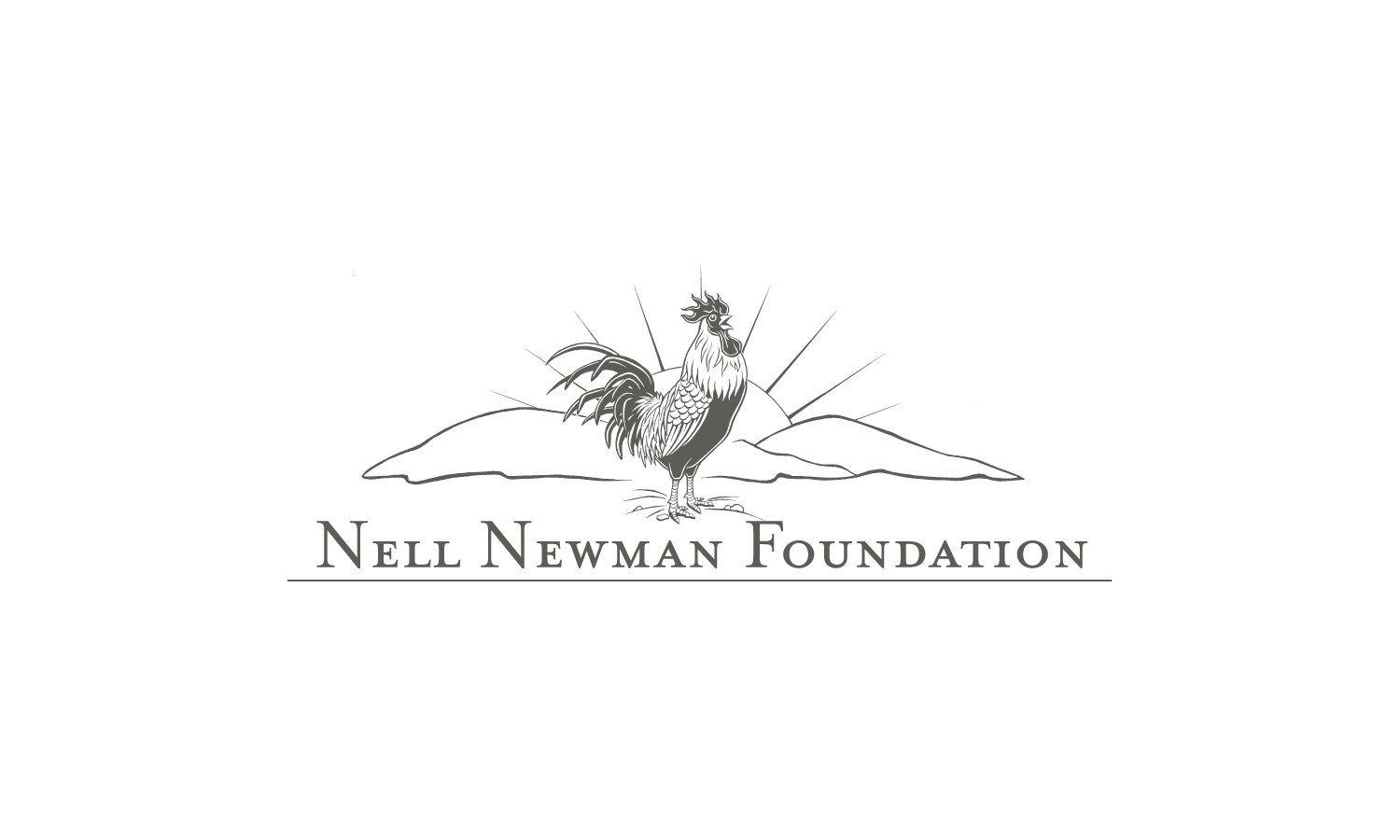Soul Fire Farm - Magic in the Dirt: What We Can Learn From the Harvest 2020
Julia Turshen, October 30, 2020. Photos and video by Brian Dawson. - Arriving at Soul Fire Farm’s gravel road means slowing down, literally. On the property, in addition to stacks and stacks of crates, buckets and shovels, there are also cardboard boxes to pack food for community groups, each one labeled in marker: Church. Refugee center.
Leah Penniman, the author of “Farming While Black” and the co-director of Soul Fire Farm, is a former public school science teacher and aerial trapeze artist who started farming with her partner and children out of necessity.
Leah Penniman, the author of “Farming While Black” and the co-director of Soul Fire Farm, is a former public school science teacher and aerial trapeze artist who started farming with her partner and children out of necessity.
When they lived in Albany, the family — and their neighbors — were unable to get fresh food. They lived in what some call a food desert — but what the food justice activist Karen Washington (who sits on Soul Fire Farm’s board of directors) would call a food apartheid. She says the unavailability of fresh food is not by natural occurrence, the way a desert appears in a landscape, but by the cumulative effects of systemic racism that affects some communities.
Ms. Penniman and her team now tend to crops on the 80 acres they own, feeding her family and neighbors as well as the wider community. And they train others.
Click here to continuing reading the story.
